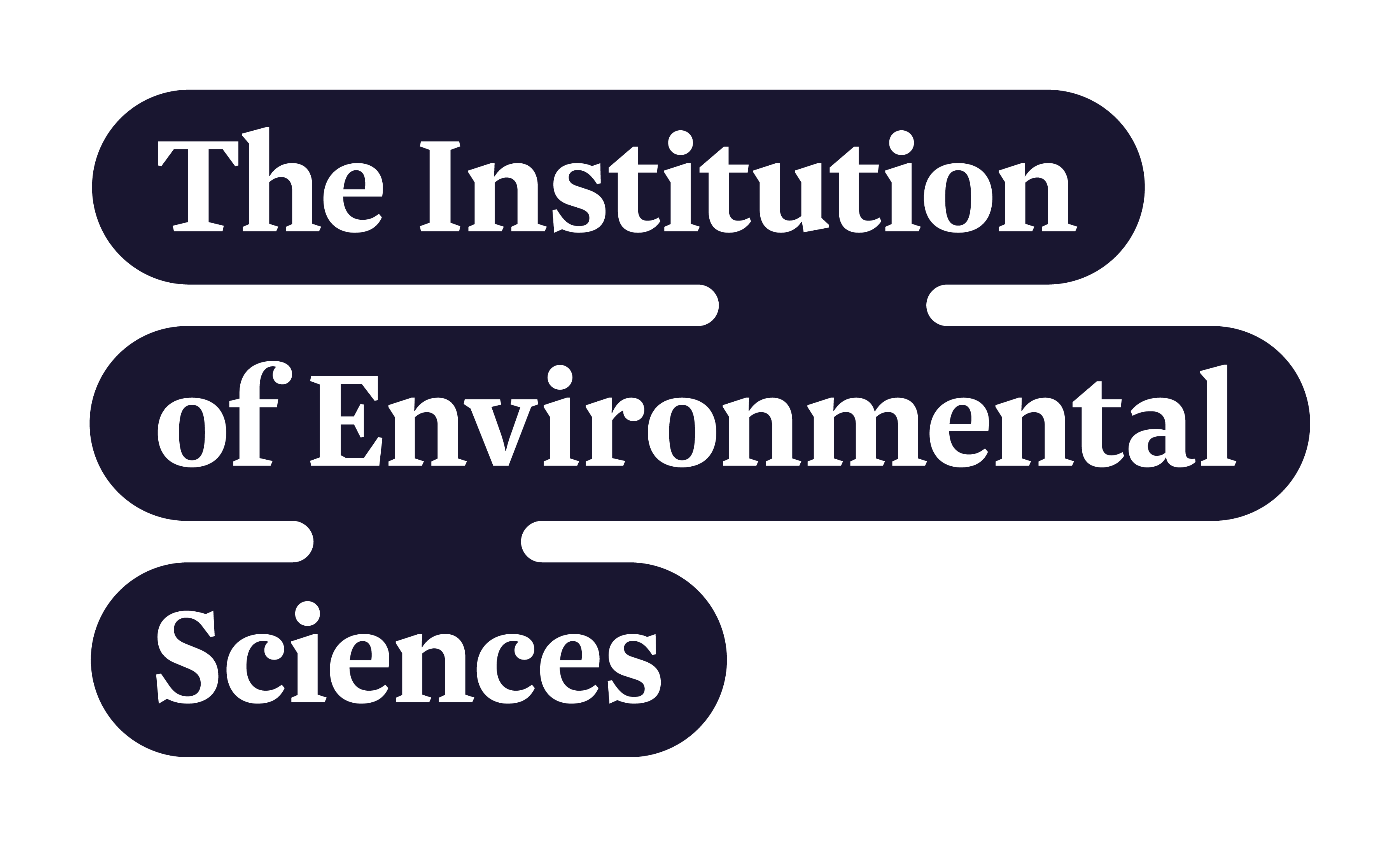FWR and IES handover event
At an event on 21 July at the House of Commons, the Foundation for Water Research (FWR) was officially handed over to the IES. The FWR will now be incorporated into the broader IES family, expanding the IES's work around the supply, conservation and stewardship of water.
The event was kicked off by Eric Valentine, FWR Chair, who gave a brief history of the organisation. The FWR was formed in 1989 and was financed through investments funded through the sale of redundant water research assets. Its original remit was to liaise with the water industry, construct industry research and manage tendered research projects. Over time, the Foundation evolved into an online-based research information organisation specialising in providing reviews of current knowledge (ROCKs) – aimed at the educated layman, although of great utility to both professionals and students. The range of the Foundation’s activities has been very wide, from domestic water supply to coastal sediment transport. To date FWR have published 32 ROCKs and 12 FWR Guides, attracting over 40,000 page views each year.
The retirement of their CEO, Caryll Stephen, and their Chair, David Woods, coincided with the pandemic, curtailing their ability to attend and run public events and conferences. The rate of rundown of capital investments to support their activities, and the age profile of their team, meant the FWR trustees needed to find a future for the mission with another organisation, and so they embarked on an extensive search and assessment process. The organisation that stood out in this process was the IES. Eric noted that:
"The Foundation for Water Research is delighted to pass on its legacy to the Institution of Environmental Sciences which is ideally placed to deliver our legacy into the future. IES is a dynamic, interdisciplinary organisation which will take the FWR mission forward while it expands its engagement in the water sector."
Julie Hill, IES Chair, followed Eric and gave some background information on the IES and why they were the ideal organisation to take forward the FWR mission. She promised that the IES would take forward the FWR vision and mission with "great energy and commitment" to create "a lasting legacy for the FWR and a new chapter in the development of the IES." She noted the close alignment of the organisations' missions and the desire to engage with, educate and empower the public. Housing the FWR within the IES will allow for an integrated approach to water issues, both in the research undertaken and the audiences targeted for dissemination.
The handover was followed by the launch of the Freshwater Biology and Ecology Handbook.
Phillip Dunne MP, the sponsor of the event, concluded the speeches by playing tribute to the work of the FWR, and outlining the government's interactions with the water industry and his hopes for the future.


